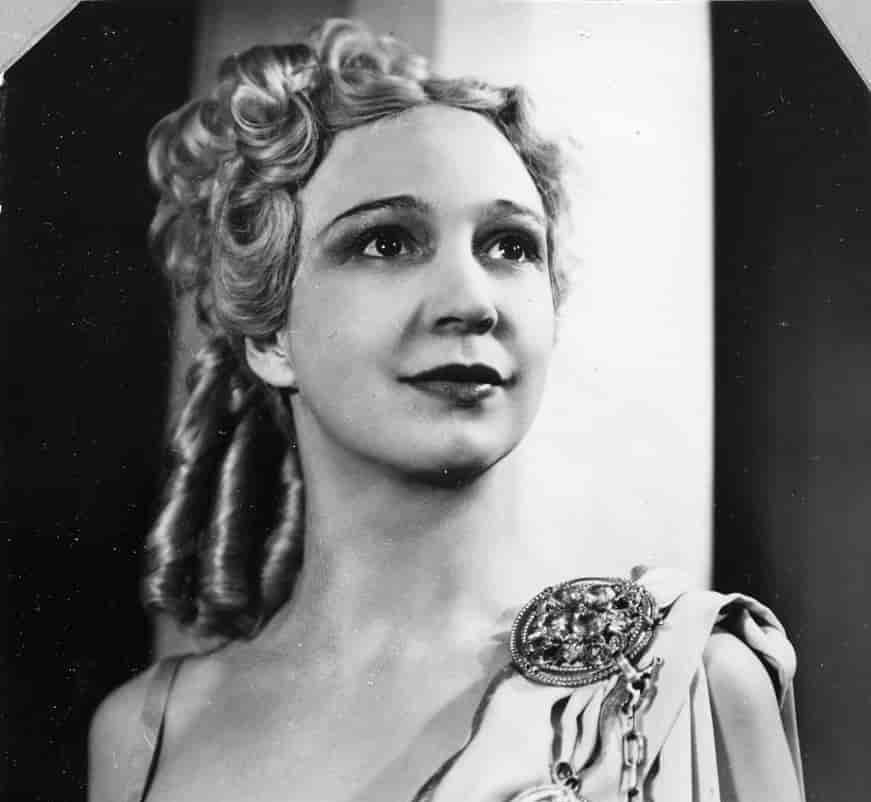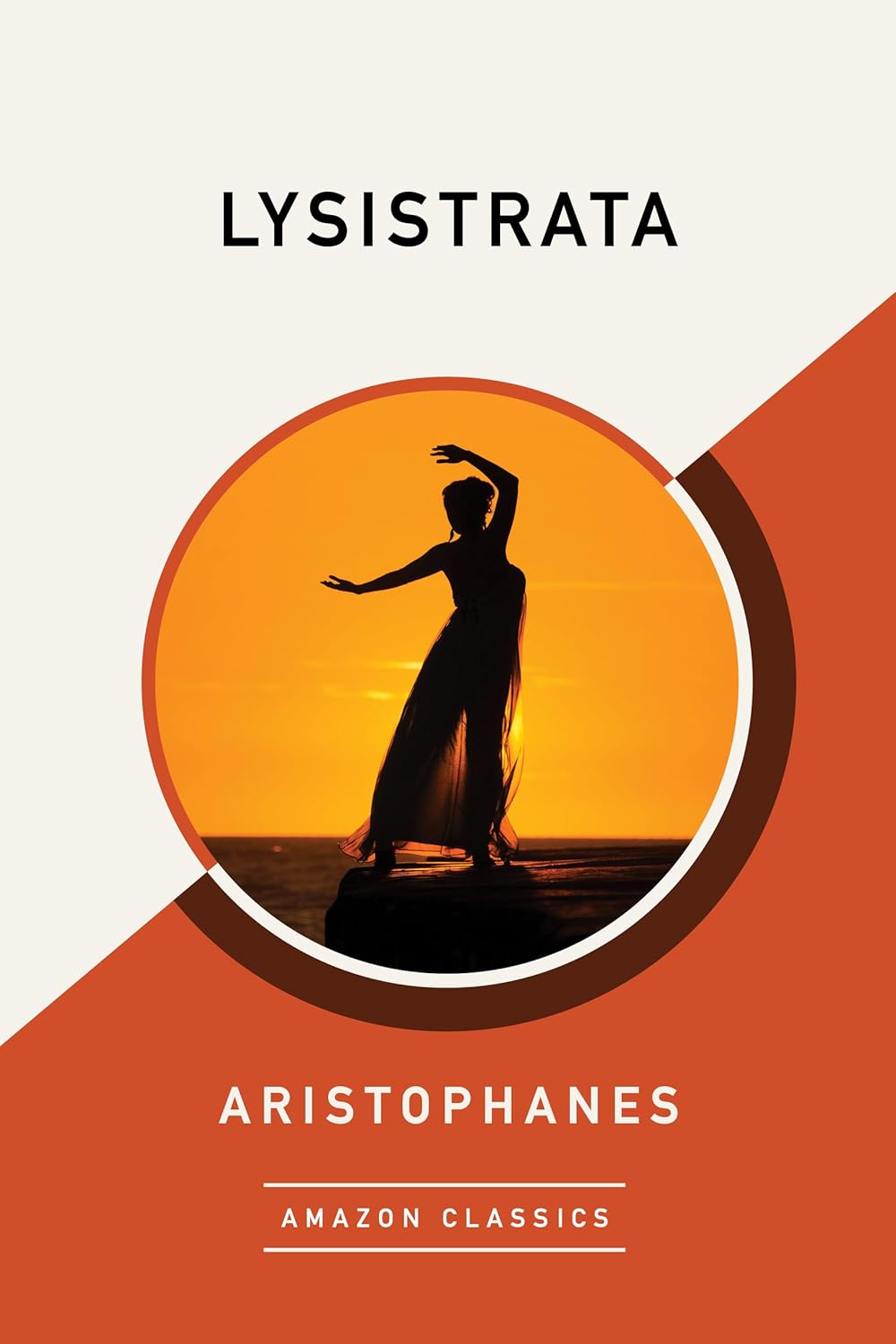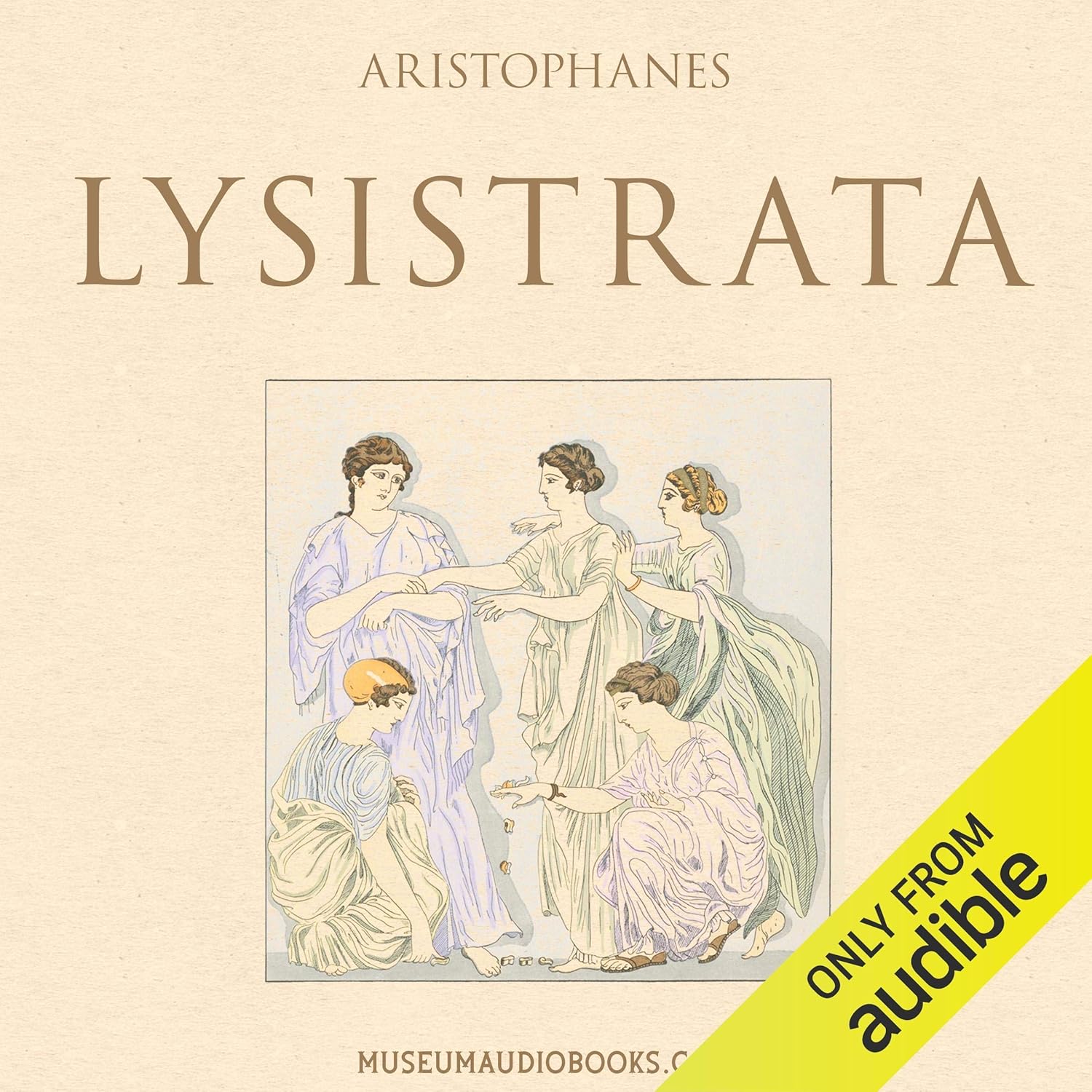The Ancient Greek Comedy That Changed How We Think About War and Peace
Imagine a group of women so fed up with their warmongering husbands that they decide to go on a sex strike until peace is declared. Now imagine this wasn’t a modern feminist manifesto, but rather a comedy written in 411 BCE that had ancient Athenians rolling in the aisles. Welcome to Aristophanes’ Lysistrata, perhaps the most daring, hilarious, and surprisingly modern antiwar play ever written.
Quick Facts
- First performed: 411 BCE at the Lenaia festival in Athens
- Original title: Λυσιστράτη (Lysistratē)
- Runtime: Approximately 100 minutes
- Structure: Prologue, episodes, parabasis, and exodus
- Notable adaptations: Spike Lee’s “Chi-Raq” (2015), Germaine Greer’s 1972 translation
- Content warning: Sexual humor, double entendres, and ribald comedy
Just want to read the play?
Free version? Try the version on Project Gutenberg: https://www.gutenberg.org/ebooks/7700
Historical Context
When Lysistrata first hit the Athenian stage, the city was in crisis. The Peloponnesian War had been raging for 20 years, with no end in sight. The disastrous Sicilian Expedition had decimated Athens’ military forces, and the city’s democracy had recently suffered an oligarchic coup. Against this backdrop of political and social turmoil, Aristophanes dared to imagine a solution that was as absurd as it was provocative: what if women took control?
The play was performed during the Lenaia festival, a midwinter celebration known for its more experimental productions. Unlike the grand City Dionysia festival, the Lenaia allowed playwrights to take greater risks with political content. Aristophanes took full advantage of this freedom, crafting a play that was simultaneously a biting antiwar satire and a celebration of female empowerment.
Plot Overview
Lysistrata, an Athenian woman whose name literally means “Army Disbander,” summons women from various Greek city-states to propose a radical solution to end the Peloponnesian War: withhold sex from their husbands until peace is achieved. Despite initial resistance, the women agree to her plan and take control of the Acropolis, where Athens’ war treasury is kept.
What follows is a battle of wills between the sexes, filled with increasingly frustrated men sporting comically obvious physical manifestations of their abstinence, and women fighting their own desires while maintaining solidarity. The chorus is split between old men and women, who engage in their own comic warfare involving water buckets and verbal sparring.
The play reaches its climax when the sex strike proves so effective that the men of various Greek cities, led by their obvious physical discomfort (represented by actors wearing large artificial phalluses, a common theatrical device in Greek comedy), finally agree to negotiate peace.
Themes & Analysis
Gender Politics
While it would be anachronistic to call Lysistrata a feminist play by modern standards, its portrayal of women taking direct political action was revolutionary for its time. The play suggests that women, traditionally excluded from political life, might actually be better at governance than men. Lysistrata herself is portrayed as a clever strategist and diplomat, while the male characters are often ruled by their base desires.
Peace vs. War
At its heart, Lysistrata is an antiwar play that uses sexual comedy to make serious points about the futility of endless conflict. Aristophanes suggests that war is a kind of masculine madness, driven by pride and stubbornness rather than reason. The women’s solution – withholding sex – directly links male aggression with sexual frustration, implying that redirecting these energies might lead to peace.
Public vs. Private
The play brilliantly collapses the distinction between public politics and private life. The women’s sexual strike becomes a political act, while the men’s public political decisions are shown to be influenced by private desires. This intersection of personal and political spheres remains startlingly relevant today.
Revolutionary Elements
Lysistrata broke new ground in several ways:
- It featured a female protagonist who was intelligent, politically savvy, and ultimately successful
- It treated peace as preferable to war (not a common view in militant Athens)
- It combined political satire with sexual comedy in unprecedented ways
- It suggested that women might have solutions to problems men couldn’t solve
Cultural Impact
The play’s influence has been enormous and enduring:
- It became a foundational text for antiwar comedy
- It’s frequently adapted for modern antiwar protests
- The concept of sex strikes has been used in real-world political protests
- It remains one of the most frequently performed Greek comedies
Reading Guide
Best Translations
- Jeffrey Henderson (most accurate, scholarly)
- Sarah Ruden (best balance of accuracy and modern readability)
- Jack Lindsay (captures the ribald humor well)
Reading Tips
- Don’t be afraid to laugh – it’s meant to be funny
- Look for the serious political commentary beneath the sexual humor
- Remember that Greek comedy was much more explicit than tragedy
- Pay attention to the chorus’s role in commenting on the action
Contemporary Relevance
The play’s themes resonate powerfully today:
- Women’s political activism
- The relationship between gender and power
- The futility of war
- The use of peaceful protest to achieve political goals
Spike Lee’s 2015 film “Chi-Raq” demonstrated the play’s continuing relevance by adapting it to address gun violence in Chicago, proving that its basic premise still works in modern contexts.
Fun Facts & Trivia
- The play’s name has become synonymous with peaceful sexual protest
- It was rarely performed in the Victorian era due to its sexual content
- The word “lysistrata” has entered various languages as a term for feminist protest
- Modern productions often tone down the physical comedy involving artificial phalluses
Why This Play Matters
Lysistrata remains vital reading because it reminds us that comedy can be a powerful vehicle for serious ideas. It challenges us to think about gender, power, and peace in ways that remain relevant 2,400 years after its first performance. Its combination of bawdy humor and political commentary demonstrates that entertainment and social criticism aren’t mutually exclusive.
The play’s greatest strength might be its suggestion that seemingly intractable political problems might have surprisingly simple solutions – if we’re willing to think outside conventional boundaries. In our own era of seemingly endless conflicts, Lysistrata’s message about the possibility of peace through unconventional means remains as powerful as ever.
Additional Resources
- “Aristophanes and Women” by Lauren K. Taaffe
- “The Cambridge Companion to Greek Comedy”
- The British Museum’s collection of Greek theatrical artifacts
- Recordings of modern performances available through Digital Theatre Plus
Whether you’re a classical scholar or a newcomer to Greek drama, Lysistrata offers something for everyone: raucous comedy, clever wordplay, political satire, and timeless insights into human nature. It’s a reminder that great literature can be both entertaining and thought-provoking, and that some human problems – and their solutions – are truly timeless.





